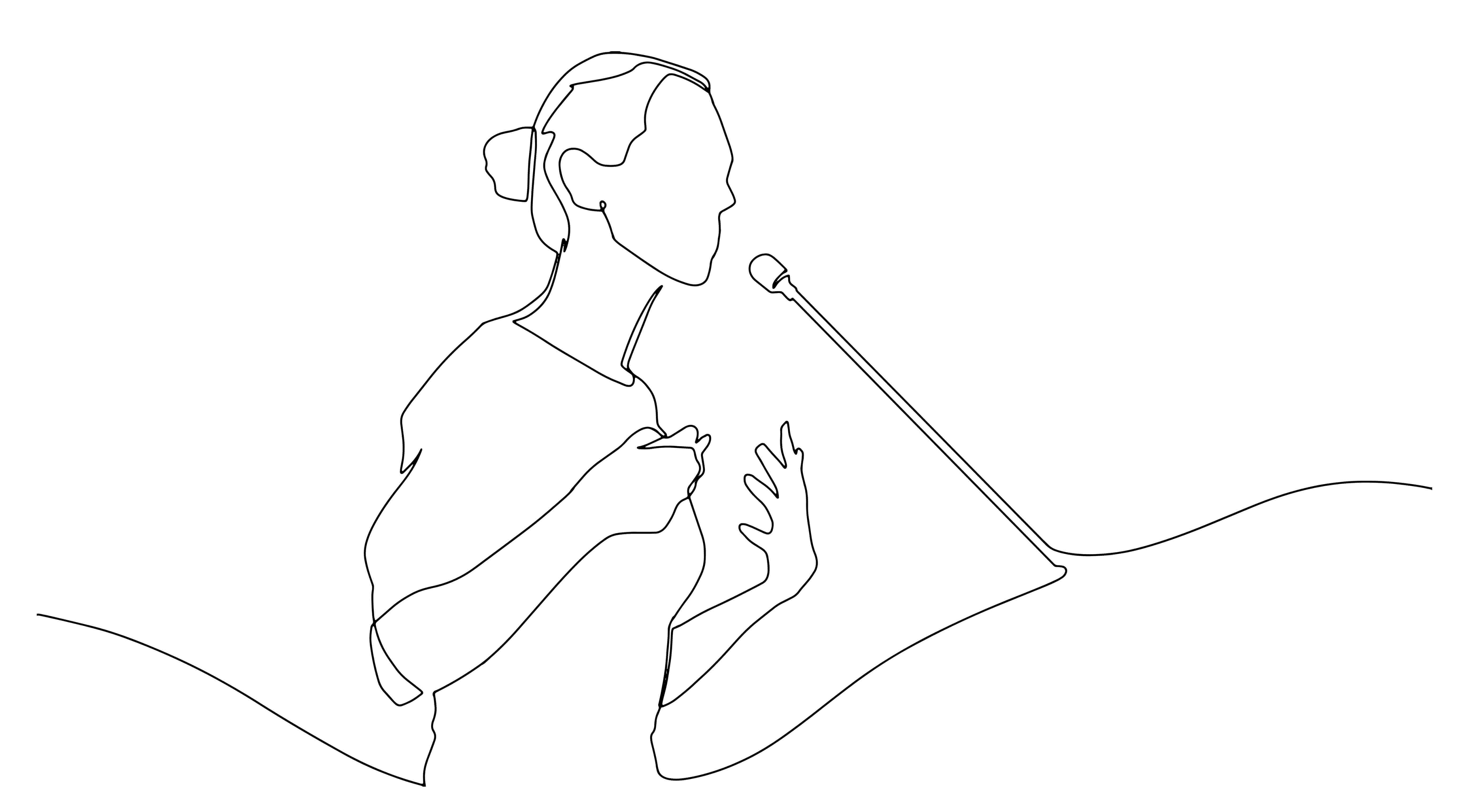California’s Frustration With Homelessness Is Boiling Over, Poll Finds

SAN FRANCISCO — California voters have grown so frustrated with the blue state’s failure to reduce homelessness that well over a third of the electorate now supports local laws that allow police to arrest people camping outside if they refuse shelter.
About 37 percent of voters support arresting homeless people if they refuse to accept shelter, according to a poll from POLITICO and UC Berkeley’s Citrin Center that surveyed registered voters as well as political and policy professionals for the first time about the contentious approach to the homelessness crisis. Another 24 percent of voters surveyed “somewhat” agree with that approach, and 38 percent oppose the idea.
“If I were a policymaker, I would read this as people expressing frustration that homelessness hasn’t decreased in absolute terms,” said Jason Elliott, a veteran Democratic consultant and Gov. Gavin Newsom’s former deputy chief of staff. “Californians are right to be frustrated.”
The poll also found that addressing housing and homelessness was far and away the biggest shortcoming of state government — and the most pressing issue facing California, which has the nation’s largest homeless population and notoriously high housing costs. The finding on encampments comes as a handful of cities pursue more aggressive policies, including a proposal by San Jose Mayor Matt Mahan, a moderate Democrat, that would allow the Bay Area city to arrest people who repeatedly decline shelter.
Even cities with less draconian ordinances, including San Francisco and Sacramento, have seen a sharp uptick in the number of homeless people arrested for refusing to move their camps. Such arrests have surged in the wake of a Supreme Court ruling last summer, Grants Pass v. Johnson, thatgranted local officials broad powers to outlaw public camping, including by jailing people.
But that openness to more hardline tactics isn’t shared by many of the state’s political elite, including policymakers driving the statewide agenda in Sacramento. Nearly half of the state’s policy influencers — or 45 percent — oppose using law enforcement to detain people sleeping on sidewalks and in other public spaces.
Much of the state’s Democratic establishment, including Newsom, have resisted such measures, even as they ramp up encampment sweeps — instead favoring voluntary offers of shelter and conservatorships for those with severe drug addictions or mental illnesses.
City leaders who’ve pursued more aggressive anti-campaign laws complain that voluntarily urging people to accept shelter hasn’t been enough. That includes Mahan and officials in Fresno and Fremont, a Bay Area suburb that previously outlawed "aiding and abetting" homeless residents as part of its camping ban (though the city later reversed itself amid threats of litigation).
“Many of us in local government are realizing that the only tool we have for bringing severely addicted people in from the streets and giving them a shot at benefiting from treatment is our court system,” Mahan said.
Since the Grants Pass decision, which Newsom supported, the governor has urged cities to clear encampments. Many local governments refuse to routinely clear tents — which Elliot, who still advises Newsom on an informal basis, said is a more pressing concern than a polarizing debate over arrests.
He added, “There are still jurisdictions in this state that are taking no action at all. That, to me, is a question that needs to be called.”
The survey found that a plurality of male voters and and the vast majority of Republicans support arresting homeless people who decline shelter — Democrats are far more likely to oppose such policies; 50 percent oppose it while 21 percent are in favor of it. Independent voters were more evenly divided.
California lawmakers have been reluctant to adopt any statewide policies on public-camping ordinances, even as other blue states like Oregon have imposed limits for cities.
This session, however, state lawmakers are considering a bill that would ban heavier-handed homelessness policies. The proposal from state Sen. Sasha Renée Pérez, a Los Angeles County Democrat, would prohibit civil or criminal penalties, including jail, for “any act immediately related to homelessness or any act related to basic survival.”
While the poll from POLITICO and UC Berkeley’s Citrin Center suggests a disconnect between many voters and the state’s political elite around policing encampments, it found both groups view the crisis as the top issue in California. According to the survey, 58 percent of voters view housing and homelessness as the area where the state’s government needs to make the most improvement, an opinion shared by 65 percent of political influencers.
Jack Citrin, a University of California, Berkeley political science professor who directed the survey, said it shows voters are growing increasingly frustrated that the state hasn’t “moved the needle” on homelessness after spending tens of billions in taxpayer money to address it.
“It’s a highly visible issue,” Citrin said. “You can’t completely avoid homelessness if you live in a big city.”
The survey was conducted on the TrueDot.ai platform from April 1 to 14 among 1,025 California registered voters and 718 influencers. Its questions were put to two distinct survey groups: California registered voters and a selection of “policy influencers.”
To generate the influencer sample, the survey was emailed to a list of people, including subscribers to California Playbook, California Climate and POLITICO Pro who work in the state. Respondents in that sample included lawmakers and staffers in the state Legislature and the federal government.
Verasight provided the registered voter sample, which included randomly sampled voters from the California voter file. The modeled error estimate for the voter survey is plus-or-minus five percentage points.


